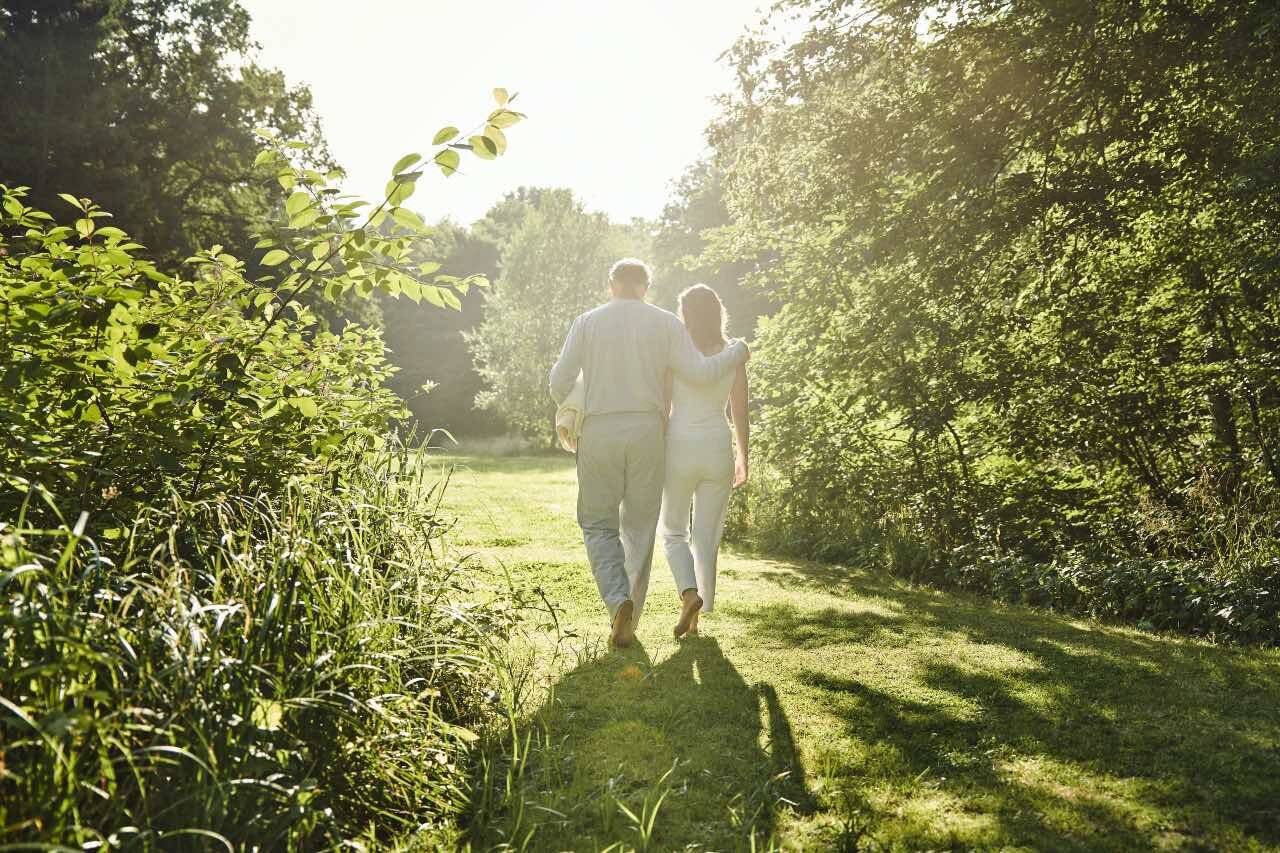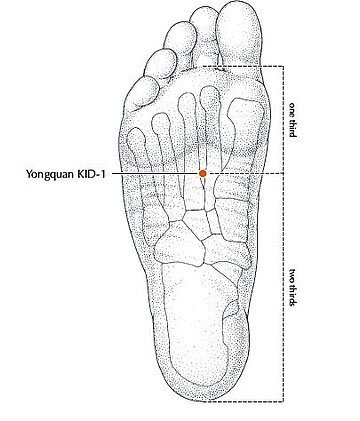Whenever people hear the word "hormones," their minds are quick to jump to our reproductive hormones: oestrogen, progesterone, and testosterone. But in reality, our bodies host a network of around 50 different hormones that keep us functioning properly, which is why keeping them balanced is so important. In todays society, there is an epidemic of fatigue, stress related symptoms, mood swings, insomnia and fertility issues. You go to the doctor, have every blood test available and it all come back normal - sound familiar? We tend to forget about our hormonal health as it’s not something we see or think about. Maybe women, around their menstrual cycle, might think about it and usually men do too when their heads get bitten off. Rightly so of course! But our hormonal system is humming away throughout our bodies, throughout the month and requires love and attention. Hormonal imbalance symptoms is one of the most common issues that we see and treat in clinic.
Why there is a hormonal epidemic |
Modern day living has become a juggling act. Many modern women mistake the feeling of being under stress for having energy, that buzz that keeps us going. We look to the women who make every gym class, career woman and never misses a soccer game as the one I want to be - Super Woman. Sometimes this woman is so ‘pumped’ she doesn’t have time for breakfast but grabs her skinny latte instead or gets a hit of sugar around 3pm or even a healthy juice (cos that’s my bit done) and keeps on going. She runs from dawn to dusk and then low and behold, she can’t sleep because her mind is racing through the list of jobs she needs to do the next day.
In the microcosm of the world that is a woman’s body, it becomes normal for her to consistently outspend her energetic and nutritional resources. Between holding down job, social life, maintaining a relationship, caring for a family, a woman often blows the energy that she gets from sleep, good food and good company.
Her daily needs repeatedly outpace her daily intake of energy. So imagine the effect, if you are not sleeping or your food intake isn’t great - where is your energy reserve coming from? It’s like spending money that you don’t have - the money runs out, debt and it becomes a system that is unsustainable.
Why is this important for our hormonal health |
When we are constantly on the go, our bodies go into a state of stress. We may not necessarily feel stressed but our bodies recognise it as a state of stress because there is no down time, relaxation and we forget to simply, breath. When our bodies are like this, we release stress hormones so after some time our bodies start to feel minor events as critical events and a vicious cycle commences. This hormonal state makes the body hyper vigilant and stokes up our nervous system until it is hypersensitive. It is normal that we go through times of stress, for a day, a week or even a few months and our bodies have time to recover. When we go through stressful times, we get through them by using our “overdraft” from the bank and once the stressful time passes, we pay our bodies back and build back up the reserve. What tends to happen, is our bodies can go into longer periods of stress and it becomes prolonged. Further going into overdraft, with no periods of time to pay back, nourish and rebuild. An overabundance of stress hormones outweighs the nourishing effects of our sex hormones and leads to breakdown of bones, skin, muscle and brain tissue.
➩ Signs of Hormonal Stress/Imbalance
• Mood Swings
• Insomnia
• Panic attacks
• Constant state of worry
• Skin changes during menstrual cycle
• Irregular bowel habits
• Hot flashes or night sweats
• Irregular menstrual cycle
• Heart palpitations
• Low immunity
What You can Do about it |
When clients come to our health retreats or into our clinics, we work through their health issues using our four pillars of health:
Movement ⎮ Nutrition ⎮ Natural Medicine ⎮ Self Care
It is important to not get overwhelmed by the vast amount of information out there. We may know what is good for us but often struggle with the daily application of a healthy lifestyle. Whether it’s due to an overwhelming amount of information out there or being purely and utterly confused as to what is right for me, that’s where we want to step in and strip all confusion away in order find out what the individual needs and what is going to work for the client. Working through each individual person is the key to the Escapada model and key to achieving a balanced mindset to achieve a healthy lifestyle.
Where to start - Our Simple Lifestyle Tips |
Balancing hormones isn't a one-and-done task but rather a journey that requires you to know your body and practice self-care to keep your unique system happy.
1. De-Stress
The best way to quickly cut stress? Say no. If it doesn't give you joy or doesn't keep you smiling, think about saying no. Life is too short to let stress rule your day. How you do that, is very individual as we al;; need to ask ourselves - what is driving my stressful life. It might be a job that is unsustainable, toxic relationship, unrealistic goals. Take a step back, go sit by the sea and start writing down what’s causing you stress and how realistic is it to start reducing your stress levels
2. Nutrition
Let food be thy medicine. In terms of Chinese Medicine, nutrition is advised on an individual basis guided by thew symptoms that present in the body. However there are some really good general rules when it comes to keeping those hormones happy. If you eat properly and hydrate your body, it will often thank you with improved moods and healthy hormone levels. Focusing on a whole-food, plant-based diet with clean, grass- fed protein (if you're eating meat) will help your body detox and rebalance itself to function the way it was intended. Eliminating excess sugar and processed foods laden with chemicals will help to get the body started.
3. Movement
Nothing helps combat chronic stress like regular exercise. Already exercising? You may be doing the wrong kind of exercise for your body if you are not seeing results or feeling better after you do it. Think of the Yin/ Yang theory, if you are doing Crossfit (yang) 5 times a week, you may need to balance it out with some yin movement such as yoga/stretching. Or perhaps you are not moving enough, this can lead to stagnation in the body. The best way to start moving your body ASAP? Park your car at the far end of the parking lot and take the stairs. Any exercise is better than none at all, so start incorporating easy practices that force you to move your body throughout the day.
4. Sleep
Sleep encourages yin qualities and, like any other aspect of yin, it needs to be consistent and the right amount. But your body craves that reset time. Not getting at least seven to eight hours of sleep leaves your body with increased cortisol levels and in a state of unrest because it simply didn't have enough time to reset for the next day. In that state, your endocrine system can't keep up, and your parasympathetic nervous system can't do its job. In turn too much can increase excessive yin and leaves us sluggish and lethargic. Sleep is one of the most nourishing, restorative thing we can do.
5. Relationships
Keeping good company is paramount to your health. Over the course of our lives, many people come into our lives and many leave for many reasons. When we are surrounded by healthy and loving relationships, it release the happy hormones but on the flip side when we are near toxic or stressful relationships on a continuous basis, it release continuous stressful hormones. Examining the relationships that we are exposed to on a continuous basis is vital to our health and finding ways to heal relationships needs to be a priority or it may mean completely walking away. This also relates to the relationship we have with ourselves
6. Natural Medicine
Acupuncture has long been a popular treatment for infertility, but now, women are gravitating toward Chinese medicine for overall hormonal help.Among these acupuncture newcomers are women looking for natural ways to handle perimenopause and menopause; younger women challenged by the effects of synthetic birth control; and, basically, women who simply feel like their hormones are off-kilter. Acupuncture has none of the side-effects or toxicity found with Western medicinal approaches to balancing hormones and in many cases, a lot more effective.
Always remember that, at the end of the day, you are in charge of your own health care, and only you can make the choice to adjust your lifestyle to be more hormone-friendly. Making yourself a priority and realising that stress does major damage to your hormones can be the impetus that you need for a new approach at life. In many cases, foundational lifestyle changes need to be made for your hormone health to return to balance, and taking that first step is easier than you think.
































